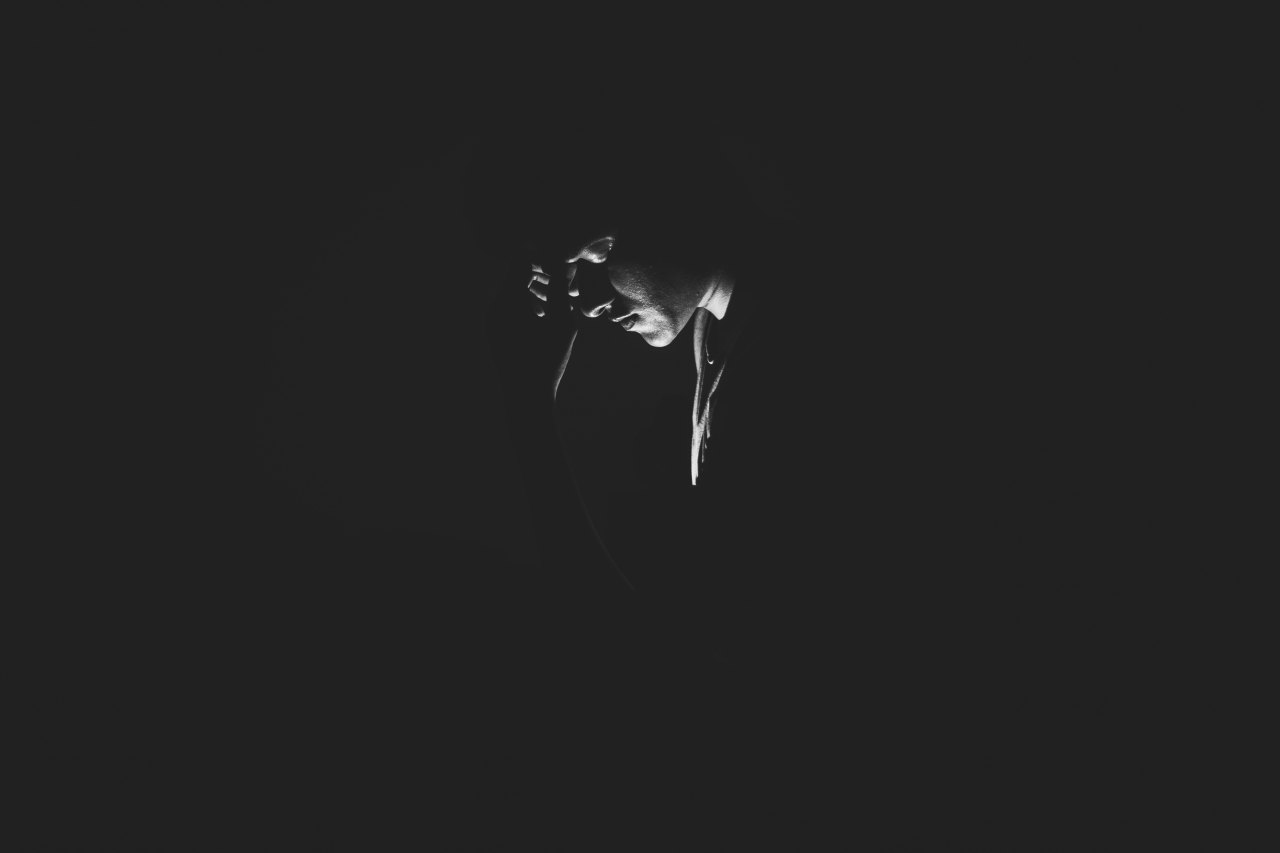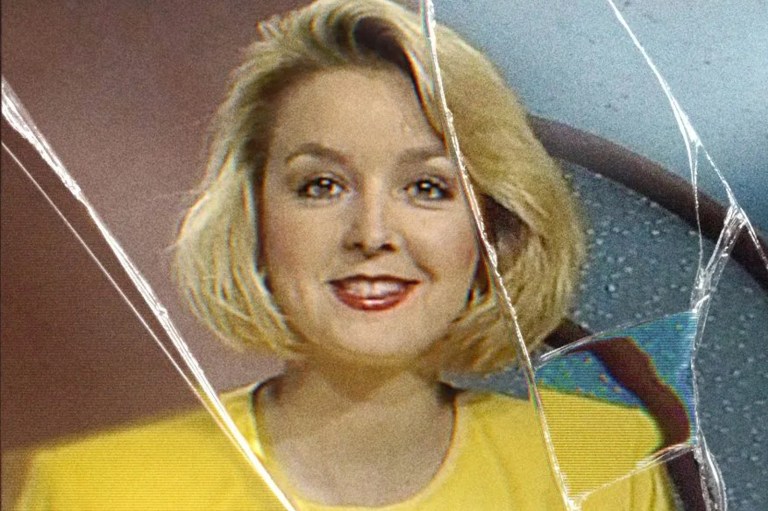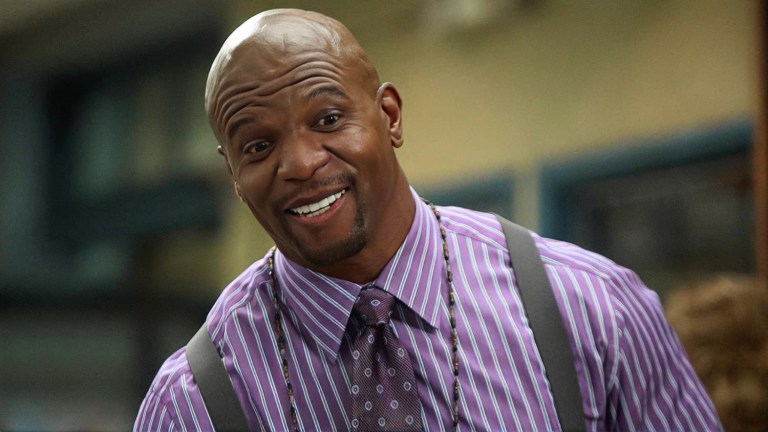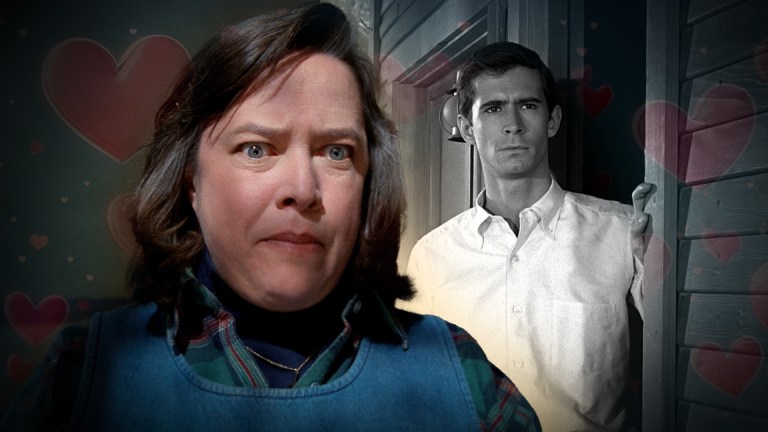
The Trouble With Men
The following is an excerpt from The Trouble with Men: Reflections on Sex, Love, Marriage, Porn, and Power , a new book by David Shields.
This book aims to be a short, intensive immersion into the perils, limits, and possibilities of human intimacy.
What is this way? How did I get this way? Our marriage involving this way. Attempt to stop being this way. Implications of being this way.
Or: What is it like to be this way? How did I get this way? What is it like for you that I’m this way? Can I stop being this way? Can I live with being this way?
Or: Hamartia; childhood; marital strife; irreparable damage; ah, but we are all like this.
Or: The nature of; the sources of; our marriage involving; my attempts to rid myself of; a partial defense of.
Or: Human history of; psychic sources of; our marriage involving; attempt to eliminate and/or suppress and/or attempt to disentangle from (and/or affirm?); psychological/philosophical implications of, etc.
Or: How 1) one is wounded; 2) one tries to overcome these wounds; 3) these wounds become the very theater of one’s self; 4) one despairs that one will ever overcome those wounds, and these wounds lead one to anger, violence; and 5) finally, we connect to other people by realizing we are all wounded (that is our scar tissue and our glue, etc.).
Or: The nature of masochism. The origins of masochism. Our marriage involving masochism. Attempt to surmount masochism. A philosophy (and/or a psychology?) of masochism.
Or: Acknowledgment of my masochistic tendencies. Biological, psychological, and philosophical sources. Manifestation in our marriage. The sense that all there is in the author’s life/heart is suffering. The sense that, for all human beings, existence is suffering.
Or: On Being One’s Own Bitch.
*
Perhaps the real subject is my willingness, or at least desire/impulse, to write this book, to risk our marriage—
Do I love you?
Do you love me?
What kind of marriage do we want?
How real?
Or: Do you like me?
Do you care about me?
Or: Are you in love with me?
Do you like making love with me?
Do you love making love with me?
(Don’t answer.)
*
The agon, then: [Lawrence Durrell]
What is it then between us? [Walt Whitman]
What separates us?
How did we get here?
What went wrong?
What do we do now?
Is there any way past except through?
History in one corner and Love in the other? Fine. Ring the bell. Let the fight begin. Love, he thinks, will bring history to its knees. [Scott Spencer]
Romance holds my attention only if it promises a sizable element of risk. [Edwin Dobb]
*
Aristotle’s theory of dramatic structure (introduction, rising action, climax, falling action, dénouement) is nothing more or less than a diagram of the sexual act. It doesn’t mean it’s true, and it doesn’t mean it isn’t true. It just means sex is everything.
Some people don’t like sex, some people like sex but don’t see it as an especially important part of their life, and some people see sex as a journey. It’s never been a minor part of my life, even when we were hardly ever having sex.
I’ve never written by hand or in bed before, but I’m writing all of this with a pen on a legal pad, lying down.
*
I collaborated with your cousin Samantha on a book, That Thing You Do With Your Mouth, about sex and power and the pleasure principle and repetition compulsion (as a child, she was abused by her stepbrothers; as an adult, she briefly dubbed Italian porn into English and in her relationships has tended to seek out the infliction and receipt of harm)—which I hoped would satiate my interest in the subject but only sharpened my appetite to explore the matter further, in and for myself.
“Treatment” for “opening out” that book into a movie:
Plot Point A. Having been formatted by traumas in his past, Alan believes he has overcome these things and now has the wisdom and experience to help Michelle deal with her traumas in the same way that he has dealt with his: writing a book.
Reversal. Alan hasn’t overcome his issues to the extent that he thought he had; he grasps that he’s using Michelle and her story to guide him through his own past, and he sees her as a sort of muse—a way to get to the story he really wants to write: his own.
Plot Point B. In what seems to be a mixture of genuine admiration, a desperate need to know that despite his issues he’s still desirable, and a “safe” way to explore flirtation outside of his marriage (he knows that a relationship with Michelle is not actually feasible), Alan professes his love to her.
Gloom. Alan’s high (unrealistic?) expectations for Michelle and himself cause the project to implode and Alan to face the possibility of failure.
Finale. Michelle is able to achieve an emotional catharsis, but Alan realizes it wasn’t his support and guidance that led her there; he finds that he was always as fucked up as she was, and they’re both as fucked up as everyone else. Michelle leaves with satisfaction in that knowledge, but Alan has opened a wound in himself that he now must deal with.
Memo to would-be producers of the would-be film version:
The main way the film would fail would be if it wound up illustrating a Freudian map: Michelle ceaselessly replays abuse; Alan is defined by his stutter, his relationship to his mother, etc. Those shadows are clearly there, but I think a better way to approach the material is this: Due to each of their backgrounds, Michelle and Alan can’t see each other and others except as figures of their own psychic projection. I would argue that this is true of any human being, and I would also argue that the ability of any human being to get past such phantasms is very limited. In a more sentimental version of the film, each of them would come to see the other as real. In our version, something else happens:
Michelle has a somewhat therapeutic relationship to her own pain; by the end of the film, she comes to a more philosophic view: We’re all messed up; so am I. And there’s solace in that. She sees a little beyond herself. Whereas Alan is an expert on everyone else’s pain except his own. He has a tragic, “philosophic” view of pain, but when he’s confronted with his own psychic confusion/needs, he has trouble holding onto the tragic view and in a way yearns for a more therapeutic vision: Heal me, now.
Michelle sees her own iciness as brokenness, whereas Alan somewhat madly persists in seeing it as sexy distance. By film’s end, does he finally get this? Maybe. Maybe not.
Are illusions better than nothing? Can we sustain ourselves on dream crumbs? What else can we do? What else is there but dreams, phantoms, and other people? [Hilton Als]
*
Let’s say I’m writing a love letter to you. I’m just trying to be as truthful as possible. I’m not thinking, How is it going to affect you? Ultimately, of course, I’m aware of trying to create an intimate connection between you and me, but in a way it’s the last thing on my mind.
It’s so perfect that you don’t want me to write this book (because you don’t want to read it); therefore, I have to write it. So, too, if you were fine with me writing it, I’d have no desire to write it.
—knowing how boring this book would be if you were willing for it to be written (if, for instance, you were Catherine Millet); it’s your unwillingness to sanction it that makes it necessary.
You, my darling, are the perfect muse, a ceaseless spur; I truly love how little you like any of my books—including this one? Maybe you’ll love this one. Maybe you’ll hate it. (How do you share an entire life with someone who feels the way she does about your work, Whitney Otto asked me, and is this only about the work?) The only reason it’s being written—or at least one of the main reasons it’s being written, the reason I started writing it—is to talk, finally, to you.
Or: I still don’t know you at all; hence this letter.
(It would be such a relief to be honest, for once. I’m dying for everything to get out in the open, but it never does.)
Or: This letter has slept so long at the bottom of my gym bag that it seems less like a message than an artifact. Perhaps that’s why I put it to sleep in the first place. Even while writing it, it seemed to belong to the ancient past or, more exactly, to another lost day in this lonesome city. I’ll send it along, though, because I can’t really remedy my old impressions.
According to Jacques Lacan, A letter always arrives at its destination.
Beware what you say, you say to me. It has a way of getting found out.











